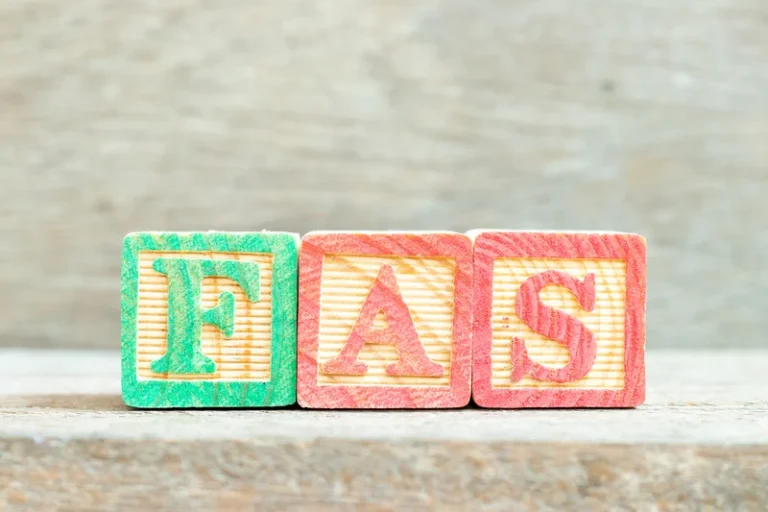
Understanding the reasons behind sugar cravings in recovering alcoholics is crucial. Various factors, including nutrient deficiencies and the emotional regulation, contribute to these cravings. In conclusion, understanding the role of sugar in alcohol recovery is vital. By recognizing the patterns of sugar consumption and cravings in recovery, individuals and treatment providers can better manage these aspects, leading to more successful recovery outcomes. Both alcohol and sugar throw a party for your brain’s reward system, but secretly they also have a tumultuous affair with your blood sugar levels.

Defining What Type of Drug Is Alcohol

This suggests a potential relationship between consuming sweets and increased alcohol cravings, indicating a risk for relapse in individuals with AUD in early recovery. Poor nutrition is a common issue among individuals recovering from alcohol abuse. Years of poor nutrition on an alcoholic liquid diet can result in individuals being overweight or underweight, malnourished, and deficient in essential macro- and micro-nutrients.
Common Genetic Markers in Dependence

Many people believe that the body craving sugar after addiction is simply a natural response to the sugar content in alcohol, but there’s more to the story. They start with the brain and, in the case of a recovering addict, can be a sign of addictive behaviors. Once you quit drinking, your brain knows that it can receive the same dopamine rush you felt with alcohol through sweets, as they affect some of the same neural pathways alcohol does. Alcohol consumption can also negatively impact blood sugar control, particularly in individuals with diabetes.
What Happens If Someone Drinks Too Much Robitussin?
Learn how to redefine your relationship with alcohol, establish healthier habits, and seek effective support. Discover what is Suboxone, its uses in treating opioid addiction, side effects, and how it compares to other treatments. Sugar is also rewarding to the brain and is a quick fix, just like alcohol was. Now that we’re not using alcohol for instant gratification, our brain is seeking the next best thing, which in a lot of cases is sugar. Take our short alcohol quiz to learn where you fall on the drinking spectrum and if you might benefit from quitting or cutting back on alcohol.
However, excessive drinking (more than three drinks daily) can result in higher blood glucose and A1C levels [6]. The pleasure center in the brain, which is stimulated by sugar, is the same region impacted by alcohol and drugs. Sugar can be even more rewarding than alcohol and drugs, https://ecosoberhouse.com/ providing a short-term relief from negative emotions. Another strategy is the use of complex carbohydrates, such as whole grains and legumes. These foods are digested slowly, providing a steady energy source and helping to keep blood sugar levels stable, thus reducing cravings.
- By recognizing the patterns of sugar consumption and cravings in recovery, individuals and treatment providers can better manage these aspects, leading to more successful recovery outcomes.
- This can make it easier to become dependent on that other substance—such as replacing alcohol with sugar.
- Many individuals turn to alcohol as a coping mechanism for stress, anxiety, or other emotional difficulties.
- By examining the complex interplay of biological, psychological, and behavioral factors, we can gain a comprehensive understanding of why sugar cravings often arise during the recovery process.
- By prioritizing proper nutrition, exploring healthier alternatives, and addressing underlying issues, individuals in recovery can effectively manage sugar cravings.
- This preference for sweetness can be heightened in individuals with a history of alcoholism, leading to an increased desire for sugar to satisfy their cravings.
Risk and Protective Elements Influencing Drug Use
- Try drinking them out of your favorite cocktail glass for a more similar experience.
- Alcohol, unlike protein, fat, or carbohydrates, does not require insulin to provide energy to the body.
In the quest to understand why people with alcohol use disorders crave sugar, it’s vital to delve into the psychological factors involved. The connection between sugar cravings and coping mechanisms, as well as emotional regulation, provides valuable insights. Furthermore, why do alcoholics crave sugar regular alcohol drinkers can become tolerant to sugar from their alcohol intake. This tolerance can lead to individuals in recovery from alcohol abuse experiencing cravings for sugar, which can potentially replace alcohol cravings, leading to a possible sugar addiction.
Impact of Alcohol on Blood Sugar Levels
Understanding the physiological effects of alcohol on blood sugar levels can shed light on why people with alcohol use disorders often crave sugar. This can be traced back to blood sugar dysregulation and hypoglycemia, which are common occurrences in heavy drinkers. In summary, both neurobiological pathways and genetic predispositions contribute significantly to the sugar cravings observed in individuals with alcohol use disorders. Understanding these influences can help in managing sugar cravings in alcohol recovery and potentially prevent the development of conditions like sugar addiction and obesity. These behaviors include bingeing, withdrawal, craving, and cross-sensitization.

- Alcoholism is a complex genetic disease influenced by variations in numerous genes.
- Through immersive, deeply personalized recovery programs, we help clients heal from addiction, trauma, and abuse.
- When blood sugar levels drop, the body responds by seeking out high-sugar foods.
- Discover how much alcohol can kill you, understand BAC, and learn prevention strategies for safer drinking.
- The overlapping mechanisms and phenomena observed in studies highlight the complex relationship between sugar cravings and alcohol dependence.